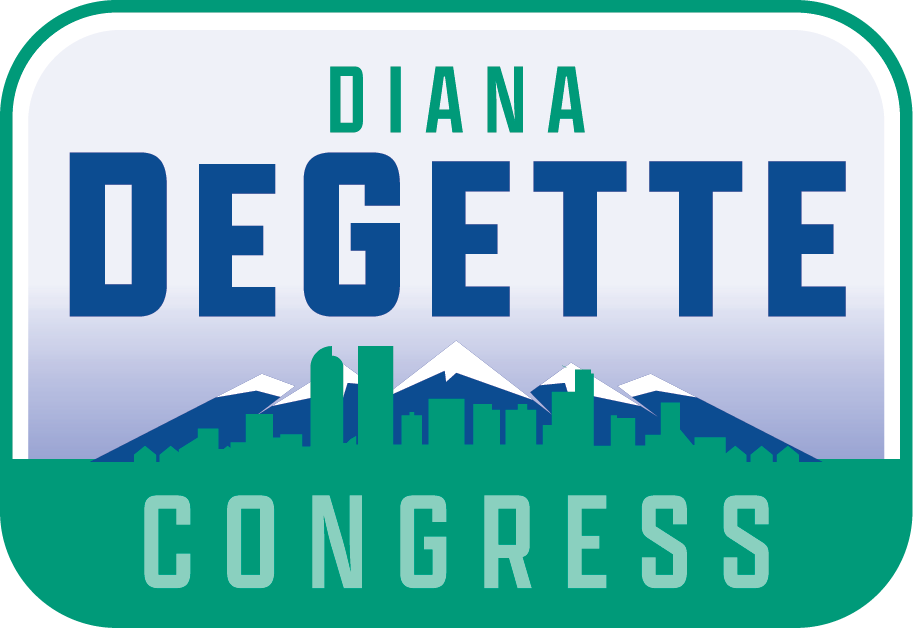Space Ref: Lawmakers Introduce Bipartisan Plan to Provide U.S. Researchers $25 Billion in Emergency Funding
Last Friday, a bipartisan group of lawmakers – led by U.S. Rep. Diana DeGette (D-CO) – introduced legislation to provide billions of dollars in emergency relief to U.S. researchers to continue their important, federally-funded projects through the pandemic.
The legislation – known as the Research Investment to Spark the Economy, or RISE, Act – would provide $25 billion to independent research institutions, public laboratories and universities throughout the country to continue their work on thousands of federally-backed projects.
It comes as tens of thousands of researchers – including graduate students, postdocs and technical support staff – find themselves at risk of losing their jobs – and their work – as universities and independent research institutions look to cut costs as a result of the ongoing pandemic.
“America has some of the best and brightest minds in the world working on potentially groundbreaking research,” DeGette said. “We can’t afford to lose them or their important work. Ensuring our researchers have the resources they need to continue finding innovative solutions to some of our nation’s toughest problems is vital to our national security and our ability to remain competitive on the world stage. Any lapse in funding now could set us back years, possibly even decades.”
While significant investments have been made to fund new research centered around addressing the ongoing COVID-19 crisis, many other federally-funded projects are now at risk of being stalled, delayed or even shuttered.
The legislation introduced today would provide the nation’s science-related agencies – such as the U.S. Depts. of Health and Human Services, Agriculture, Energy, the Environmental Protection Agency and the National Science Foundation – an additional $25 billion to award to various universities and research institutions to continue their work on ongoing federally-funded projects.
The funding could also be used by these institutions to keep researchers involved in a recent federally-funded project on staff for up to two years, to prevent them from having to find work elsewhere, potentially outside the United States.
In addition to DeGette, the legislation is cosponsored U.S. Reps. Fred Upton (R-MI), Eddie Bernice Johnson (D-TX), Anna Eshoo (D-CA), Anthony Gonzalez (R-OH) and 73 other members of Congress. It also has the support of more than 320 higher education, research and industry groups – including Google, U.S. Chamber of Commerce and the Association of American Universities.
“I am deeply concerned that due to the COVID-19 pandemic, a number of American research institutions may not survive, years of important research will be lost, and we will suffer irreparable harm to our talent pipeline,” said Johnson. “We cannot allow that long-term damage to happen—the stakes are far too high. For those reasons, I did not hesitate to join my bipartisan colleagues in cosponsoring the RISE Act again this Congress.”
“The COVID-19 pandemic has wreaked havoc on all segments of society, including America’s preeminent research institutions that conduct cutting edge breakthroughs and lead in global innovation,” Eshoo said. “Much of that groundbreaking research has come to a halt due to COVID safety measures imposed by local governments and it’s why there’s a need for emergency funding. The RISE Act will breathe new life into federally-funded research and enable our nation’s brilliant researchers to continue their critical work.”
“In the past year we have seen how valuable science, research, and innovation are to our nation’s public health, national security, economic growth and international competitiveness,” Upton said. “The RISE Act is critical legislation that will support our researchers at Western Michigan University and universities across the country. Preserving our innovation pipeline will help ensure America remains a global leader in research and development.”
“For nearly a year, Americans have been battling the devastating impacts of the COVID-19 pandemic physically, mentally, and financially,” said Gonzalez. “Many working in our country’s research enterprise are now at risk of losing their jobs due to lack of funding. I am proud to join my colleagues in introducing the RISE Act, which will authorize vital funds for emergency relief to support America’s research enterprise.”
DeGette introduced a similar version of the legislation last year that was included in the HEREOS Act Congress passed in September, providing researchers with $7.6 billion in emergency relief. The legislation introduced today would provide researchers an additional $25 billion on top of that.
